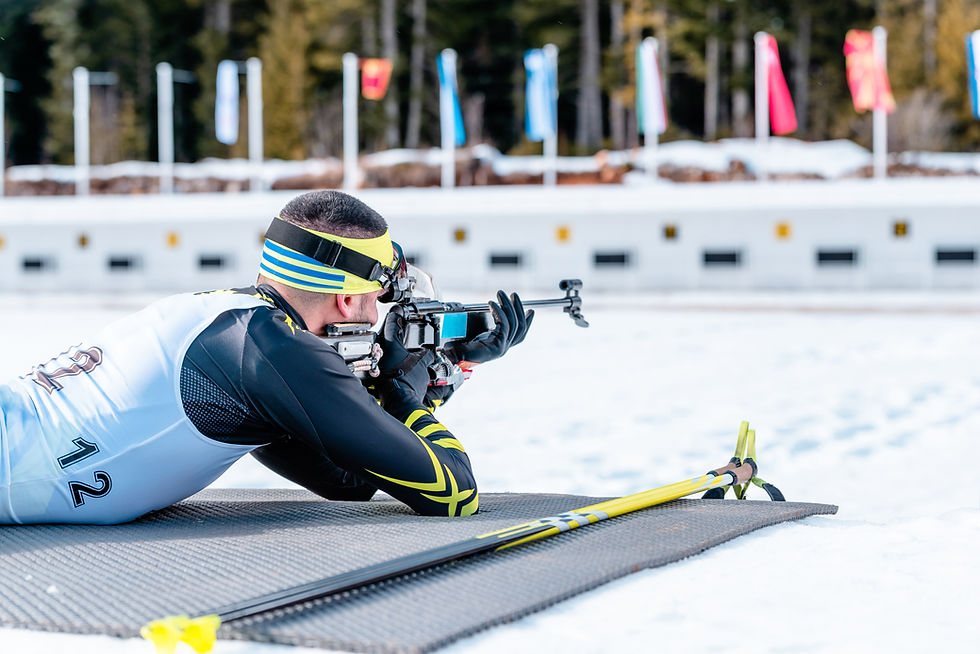How To Manage Burnout in Athletes
- Darius

- Oct 9, 2023
- 3 min read
Updated: Jan 23
High performance environments can push anyone to their limits. The efforts athletes put in along with the pressures they can put on themselves can lead to burnout. Pedri during the 20/21 season played 70 matches over an 11-month period for Barcelona and Spain. Whilst impressive at 18 years of age, you can see he is shattered. Below he's standing for the Spanish national anthem and looks tired before he even starts. Burnout can be difficult to deal with. It can negatively affect your mental health, training, relationships and performances. It’s important to understand burnout and how we can manage it to not control us.

Burnout Explained
Burnout is when you are emotionally, physically, and mentally exhausted due to being under stress for long periods of time. You will probably feel overwhelmed, emotionally drained, and struggle to meet the constant demands that the stress is putting you under. You may feel that you are also never satisfied with your efforts and undervalue the work you put in. It is the feeling of being worn down by the environment around you.
Signs of Burnout
Remember that all these signs are indicators and not complete explanations. You could be experiencing these symptoms due to other factors.
Physical Symptoms
Always feeling tired.
Getting injured/ill often.
A lack of sleep and/or poor sleep quality.
Changes in appetite and weight.
Mental Symptoms
Poor emotional control (getting irritable and having mood swings)
Less motivation and enjoyment for the sport.
Feeling helpless and hopeless.
Feeling bitter and detached from the sport.
Performance Symptoms
Reduced performances even though training efforts have increased.
Loss of interest in playing and training sessions.
Struggle to concentrate and make decisions in your performances.
How to Prevent Burnout
Good Training Programs
Design programs that are balanced and include a suitable number of rest and recovery days.
Have varied training to prevent overuse injuries and boredom.
Communication
Talk with your peers, coaches and family about your concerns and feelings.
Acknowledge the way you feel. Pushing the emotion away will often result in it coming back harder. If you sit with the emotion, it is more likely to resolve itself.
Stress Management
Practice relaxation techniques: mindfulness, meditation, deep breathing exercises, etc.
Allow time for yourself: have time for what you want to do away from sport, e.g., see friends and family, enjoy a hobby, etc.
Recovery: How to Bounce Back
Physical Rest
Let your body rest properly, recover from injury and illness.
Active recovery: maintain a good diet, do physiotherapy, light training (e.g., walking), etc. It all aids in helping your recovery.
Psychological Support
Talk to your support network about your feelings: friends, family, coaches, professional help, etc. Conversations can help get you back on track.
Re-evaluation and Goal Setting
Reassess your short- and long-term goals, make sure that they are realistic.
Chunk your big long-term goals into smaller chunks. It helps make big tasks more manageable to do.
Recognising burnout is very important for your well-being and progression as an athlete. Ensure you have a balanced program, good recovery, open communication with the people who support you, and use stress management techniques to best help you prevent, manage, and recover from any burnout you may experience. Burnout is common and nothing to be ashamed of. Address these issues head-on and you can maximise your well-being and quality of performance in your sport going forward.




Comments